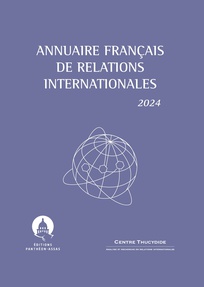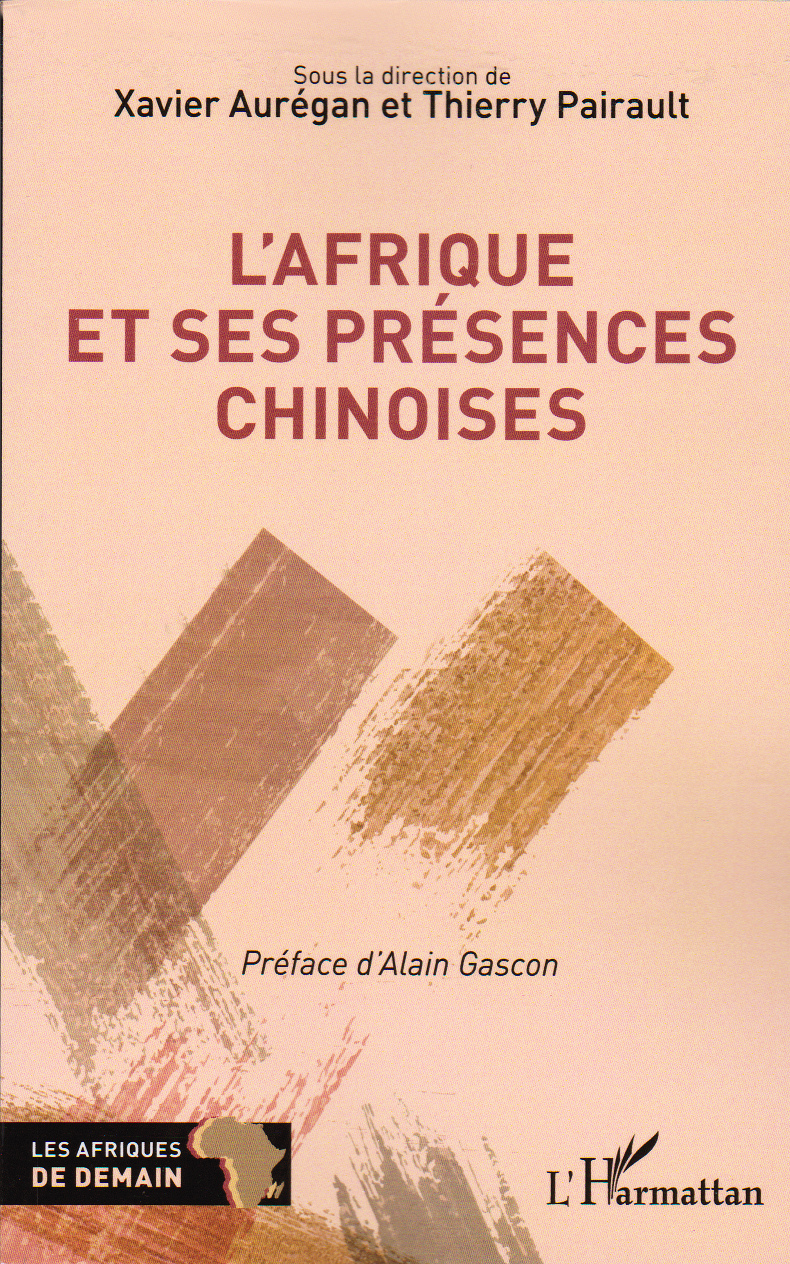South Africa's Standard Bank Wants to Exit a Once-Legendary Joint Venture with Chinese Mega-Bank ICBC
Cobus van Staden
The China-Africa Daily Brief, 14 mars 2022
Now Standard is trying to convince ICBC to buy out its 40% share of the joint venture. It hopes that exiting ICBCS will free up capital that it can then redirect into African business. Sim Tshabalala, Standard’s CEO told Fin24: "It doesn't make sense. We're not an international bank. We don't want to be competing internationally. We want to use that capability that we have in Africa to be the African champion."
The joint venture was aimed at making Standard an emerging markets lender. However, it has slowly extricated itself from other non-African ventures too. It sold its interest in a Turkish venture called Standard Unlu, and unloaded a 20% stake in ICBC Argentina in June 2020. Getting out of ICBCS is the last step of this process.
ICBC had the first right to buy a 20% stake, and Standard doesn’t have the option to sell the other 20% until ICBC decides. That option has now expired, and the two are in talks to resolve the situation.
The joint venture has been a drag on Standard’s profits for a while. Its returns took a hit last year, after ICBCS invested in Philadelphia Energy Solutions, a U.S.-based oil refinery that subsequently blew up and went out of business.
Standard is also interested in limiting its exposure to Russia, where ICBC is walking a delicate line between restricting financing for Russian commodities in line with Western-led sanctions, while also responding to Beijing’s continuing official opposition to the sanctions campaign. By March 2020, ICBC’s Moscow branch alone had $1 billion in assets.
-
STANDARD BANK: The Bank is eager to reallocate capital stuck in ICBCS to African ventures, where it sees major growth potential. This includes more investment in West and Southern Africa, and renewed focus on renewable and decentralized energy, warehousing, and opportunities linked to the continent's growing broadband capacity.
-
ICBC: While the move is unlikely to dent the Chinese giant's bottom line, it will affect its ability to expand in Africa. Standard's strength lies in local networks and country capacity. A breakup could make ICBC less nimble on the ground in Africa.
SUGGESTED READING:
- Reuters: South Africa's Standard Bank in talks to exit JV with China's ICBC

- Fin24: INTERVIEW | Why Standard Bank opts for Africa over its Chinese joint venture
 by Londiwe Buthelezi
by Londiwe Buthelezi












